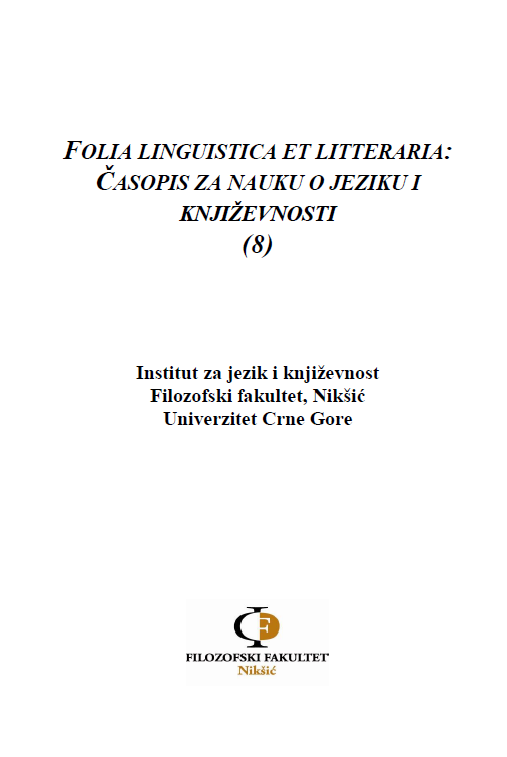PRIMENA KOGNITIVNIH MODELA UČENJA U UNIVERZITETSKOJ NASTAVI – JEDINSTVO TEORIJSKIH I PRAKTIČNIH ZNANJA
APPLIANCE OF COGNITIVE MODELS OF LEARNING IN THE UNIVERSITY CLASSROOM – THE UNITY OF THEORETICAL AND PRACTICAL KNOWLEDGE
Author(s): Amela Lukač-Zoranić, Samina Dazdarević, Ana Stišović MilovanovićSubject(s): Higher Education , Educational Psychology, Cognitive Psychology
Published by: Filološki fakultet, Nikšić
Keywords: teaching and learning; cognitive theory; productive thinking; functional knowledge; structured experience;
Summary/Abstract: Teaching efficiency largely depends on the organization of the teaching, the learning content, knowledge and personal characteristics of students, social environment and other factors. Cognitive theories formulate educational goals as meaningful actions in class. The maximum for the concepts, relations, structures, methods and attitudes. The ultimate goal is a productive, not reproductive opinion. Professional practice is the most effective way of teaching evaluation and self-evaluation achievement because it enables the assessment of a structured experience. Professional practice is a way to quickly adjust the curriculum and practical, if found to be potential drawbacks of lectures.
Journal: Folia Linguistica et Litteraria
- Issue Year: 2013
- Issue No: 8
- Page Range: 113-118
- Page Count: 6
- Language: Serbian

